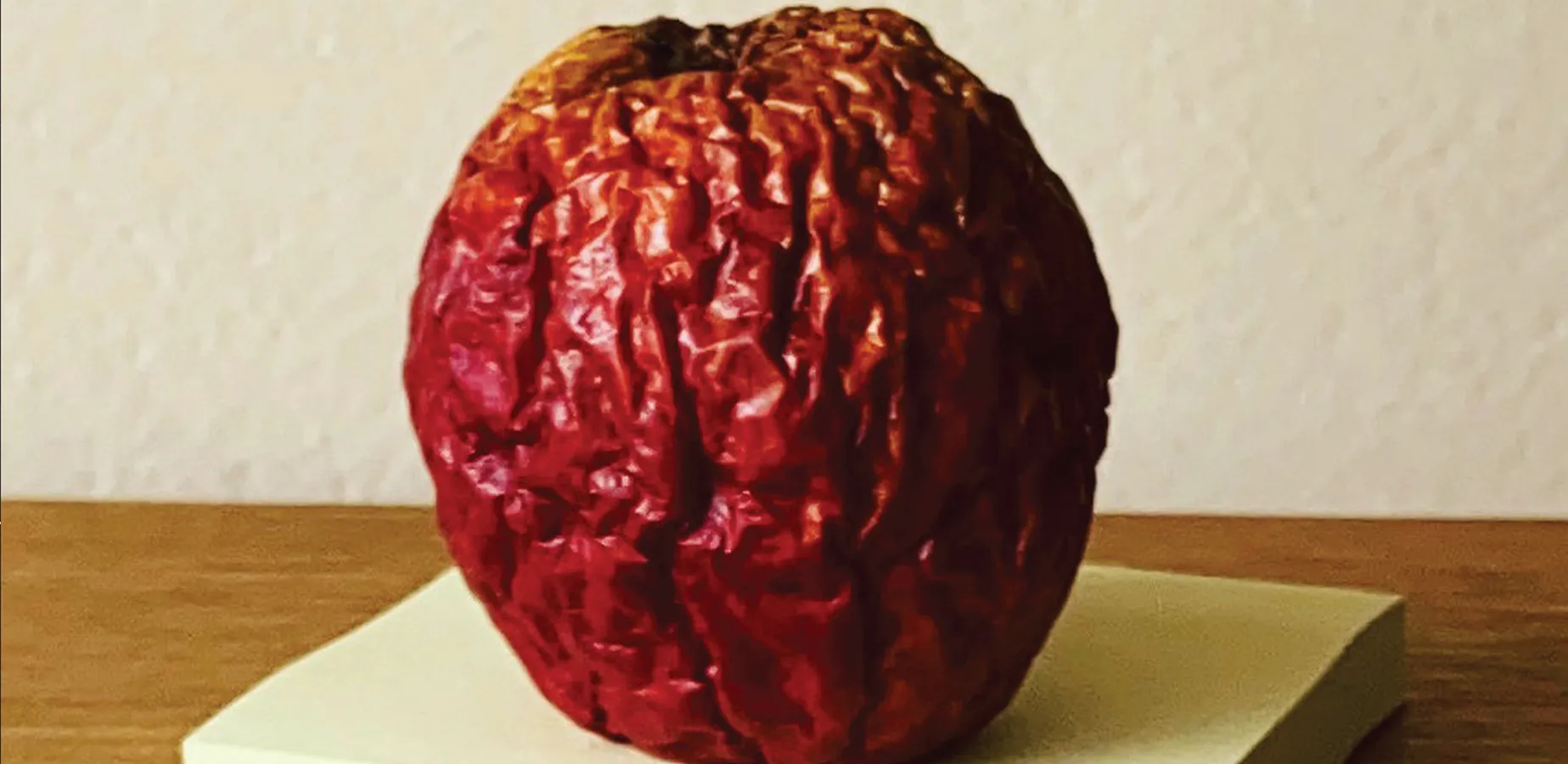
Meeting Food Halfway
01-10-2025
FULL TEXT OPEN ACCESS ON GASTRONOMICA WEBSITE.
When Michel Serres writes that there are two tongues, he neglects to specify which one philosophy should use. Should it be the first—the one made of words, an insipid language capable of controlling and categorizing the universal variety of the world? Or the second—the one that engages with things to savor them, uncovering their mixed and delicious mystery? Both tongues, in their own way, serve as spaces for encounter. The first articulates a form of knowledge that quickly becomes collective, as evidenced by the dialogical roots of philosophy. The second, however, brings us into contact with the absence of a boundary separating us from the world we inhabit, especially when we eat and absorb external entities. The philosophy of food offers a unique space for understanding this communal dimension. Approaching food philosophically means exploring these encounters and experimenting with the idea that communality is already internal to the very experience that shapes philosophical discourse. By eating, producing, and transforming food, we inhabit the continuity between ourselves and the world around us.
… In conclusion, we can hope that the philosophy of food will become a privileged space for the reappropriation of the communal dimension of philosophy: it is a meal that should be eaten together, cooked together, produced together. By virtue of the intrinsic relationality of any food-related practice, it is safe to assume that the very knowledge that is measured by these practices itself becomes a territory of shared and open encounter and confrontation. This is also thanks to the degree of involvement required by the philosophy of food, which by abolishing the distance between eater and eaten can help to shorten the ever too wide divide between experts and the ignorant, between philosophy as knowledge for the few and philosophy as practice for all.
… In Maxence Fermine’s short novel Snow, the relationship between a young Japanese haiku poet and his mentor is explored. In it, the master, Soseki, suggests that writing means becoming “funambulists of the word,” learning to follow the thin thread that unites language and the world. Similarly, many texts within the philosophy of food display an acrobatic tension in their language, capturing the struggle to articulate something that must also be relished—an apparent lack of precision that occasionally blossoms into “wild” clarity.
Bibliography:
Barad, Karen. Meeting the Universe Halfway: Quantum Physics and the Entanglement of Matter and Meaning. Duke University Press, 2007. Fermine, Maxence. Snow. acorn book company, 2001. Haraway, Donna. Situated Knowledge. Feminist Studies 14, no. 3 (1988): 575–99. Perullo, Nicola. Estetica ecologica: Percepire saggio, vivere corrispondente. Mimesis, 2020. Serres, Michel. The Five Senses: A Philosophy of Mingled Bodies. Bloomsbury, 2016. Tripaldi, Laura. Parallel Minds: Discovering the Intelligence of Materials. MIT Press, 2022.